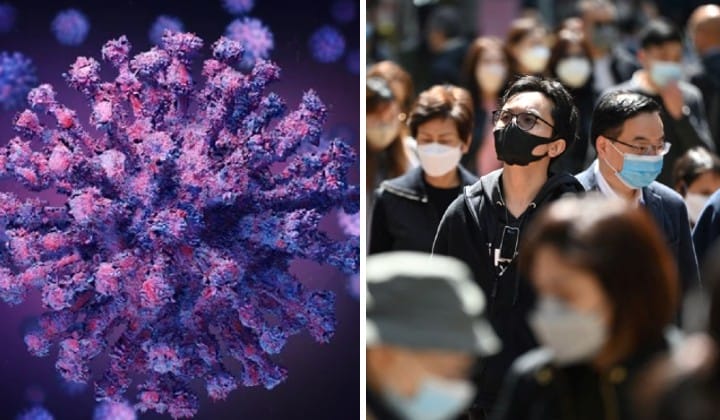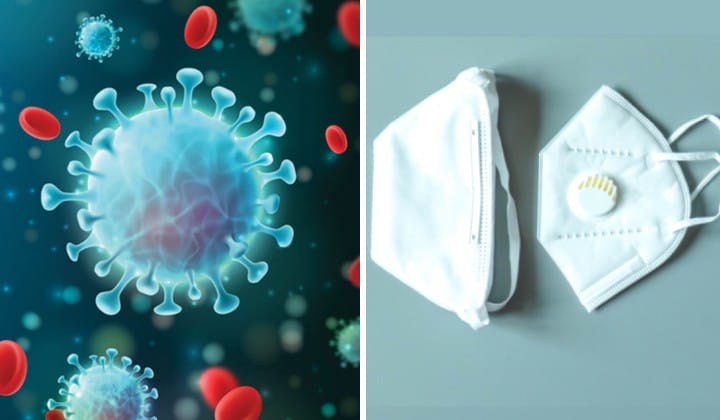Is Pfizer’s Covid-19 Vaccine Ready? Report Raises Concerns
Pfizer’s vaccine uses messenger-RNA (mRNA) which has never before been approved for humans.
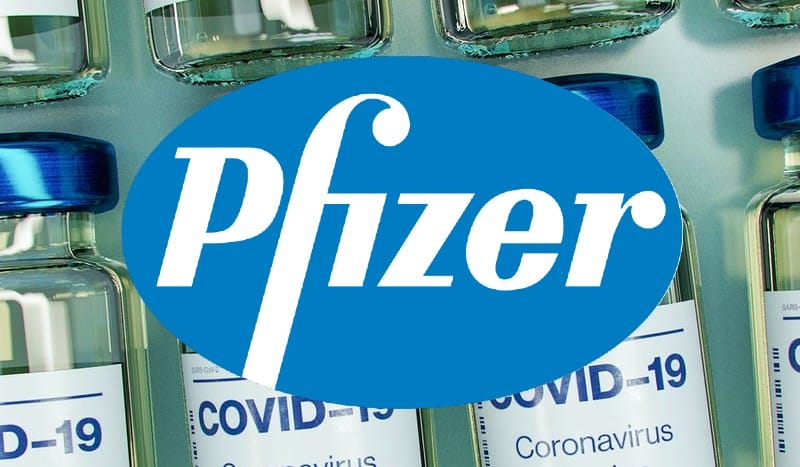
Subscribe to our Telegram channel for the latest stories and updates.
Two days ago, news outlets reported that Malaysia has agreed to buy 12.8 million doses of the U.S. pharmaceutical giant Pfizer’s Covid-19 vaccine.
Last week, Pfizer and its German partner BioNTech SE said that according to early analysis, its vaccine is more than 90% effective at preventing symptomatic Covid-19 infections.
These findings have surpassed initial expectations and both scientists and politicians alike have welcomed the good news.
However, experts told NBC News in the US that there are still significant challenges and unanswered questions regarding the vaccine’s long term effects.
Pfizer’s Covid-19 vaccine is in phase 3 of clinical trials

The third phase of Pfizer’s clinical trial started in late July and has involved over 43,000 study participants.
The purpose of phase 3 clinical trials is to evaluate how well a vaccine works. Scientists also need to demonstrate that the vaccine is safe and effective compared to other existing treatment options and this usually takes several years of testing.
In this case, Pfizer gave some participants the actual vaccine, while others received a placebo. As vaccine trials rely on a certain number of infections to occur, the point was to see how many more infections were reported among those that received the placebo.
The more infections reported, the more effective the vaccine.
Results of their Covid-19 vaccine clinical trial are only preliminary and need more time
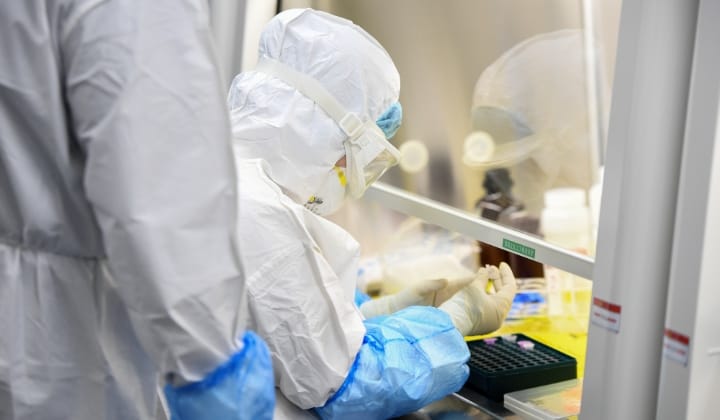
The pharmaceutical companies have not released the full data from its study, and experts urge caution until those details have been independently scrutinised.
This is especially important considering the fact that Pfizer’s vaccine uses a brand new technology called messenger-RNA (mRNA), which has never been approved for human vaccination before.
The exciting thing is that these types of vaccines can be manufactured pretty quickly. The caution is that this would be the first mRNA vaccine to be used in humans, so it’s important to look carefully at the safety data.
Dr Richard Besser, President of Robert Wood Johnson Foundation and Former Acting Director of the Centers for Disease Control and Prevention (CDC) via NBC News
How it works is instead of using bits of a virus to provoke an immune response in humans, the mRNA trains the human immune system to target the spike protein found on the coronavirus’ surface.
Since it is this spike that allows the virus to invade human cells, in theory, blocking the protein would mean people wouldn’t become infected by the virus.
What we do know is that Pfizer has stated it will not apply for emergency use authorisation of its vaccine until the company has collected two months of safety information after the final dose has been given to its participants, next week.
Pfizer’s vaccine requires two doses, given about a month apart.
Pfizer Covid-19 vaccine issues experts highlighted

So far, Pfizer has stated that those who received two doses as part of the trial saw 90% fewer symptomatic cases of Covid-19 than participants who were given a placebo.
This seems to indicate that the vaccine may not only be able to prevent major Covid-19 complications but also transform a severe illness into something a lot less dangerous and more like the common cold.
The infections that we’re really focusing on are the ones that lead to hospitalization. If those are the ones this vaccine can target, that’s a huge win.
Dr Robert Citronberg, executive medical director of infectious disease and prevention at Advocate Aurora Health in Illinois via NCB News
Pfizer stated that one-third of its participants came from racially and ethnically diverse backgrounds, but failed to mention if particular age groups would experience stronger protective effects.
It is also still unclear if those who received the vaccine were less likely to be contagious to others.
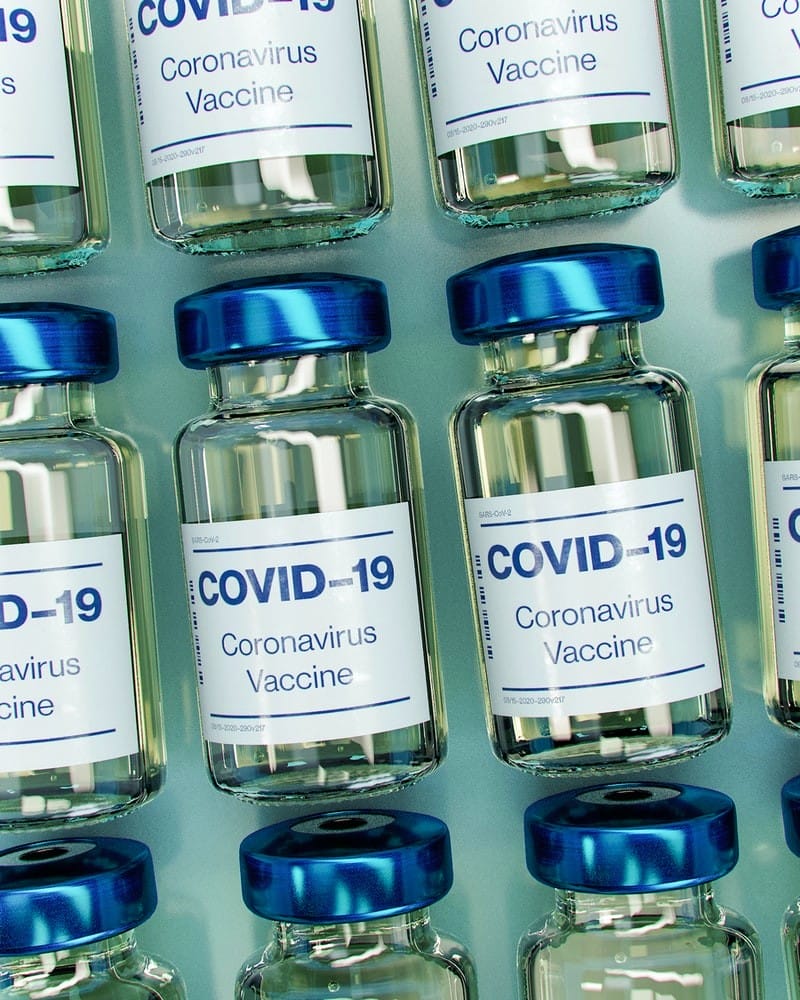
We don’t know anything about groups they didn’t study, like children, pregnant women, highly immunocompromised people and the eldest of the elderly.
Dr Gregory Poland, Director of the Mayo Clinic’s Vaccine Research Group in Rochester, Minnesota via NBC News
Besides that, experts are also uncertain of how long immunity will last – months, a year, two years, or a lifetime. For comparison, flu shots are advised to be given on an annual basis.
Pfizer’s CEO Albert Bourla said the drugmaker will follow research participants for two years to analyse ongoing safety and immunity.
As time progresses, we will find out about the durability of the protection. We will see how long the immunogenicity lasts and how long the cell immunity lasts.
Albert Bourla, Pfizer Chief Executive Officer via MSNBC
It is also important to note that on Pfizer’s claim of 90% effectiveness, this first analysis only includes data on 94 confirmed Covid-19 cases. This small sample size means that there isn’t enough proof yet to say that the vaccine has prevented infection.
Dr William Haseltine, an infectious diseases expert and president of ACCESS Health International predicted that if the vaccine indeed is proven safe and effective, it may work more like the flu shot.
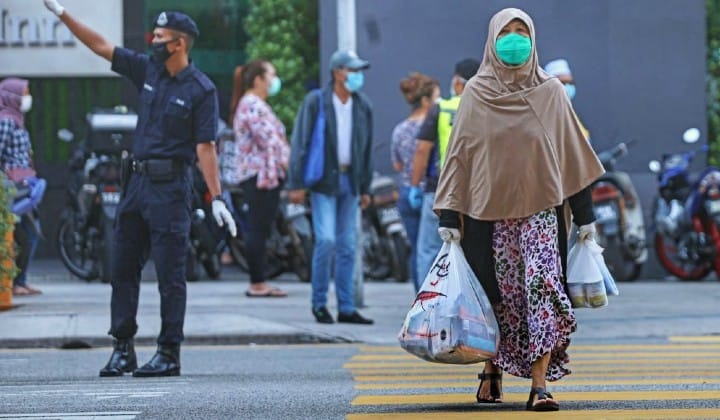
It’s not necessarily going to protect you from infection, and it may not work for everyone. But it should be useful for many people. And it should moderate the severity of the disease.
Dr William Haseltine, Infectious Diseases Expert and President of ACCESS Health International via MSNBC
According to Alex Azar, head of the Department of Health and Human Services, the FDA will conduct an “independent review process” of the vaccine.
Until independent parties have a chance to scrutinize the details of Pfizer’s findings, experts say we can only be cautiously optimistic.
Share your thoughts with us via TRP’s Facebook, Twitter, and Instagram.
Starving forensic investigator turned writer cause she couldn't find a job. Used to search for killers now searches for killer stories.




